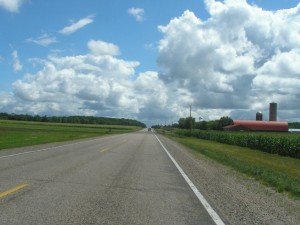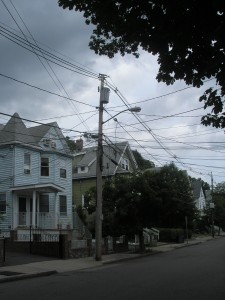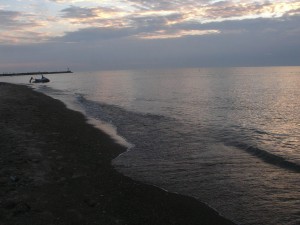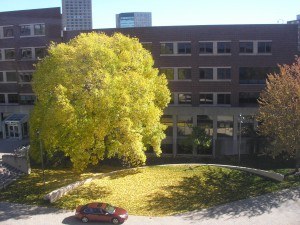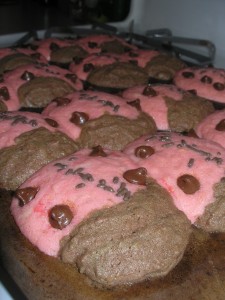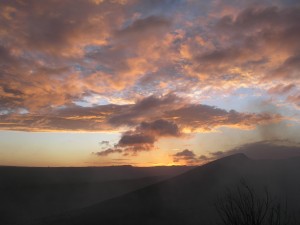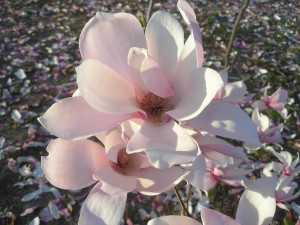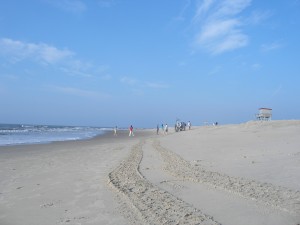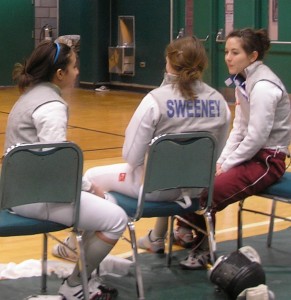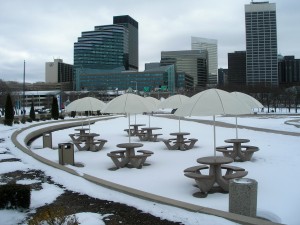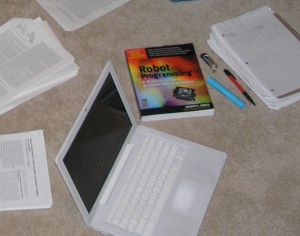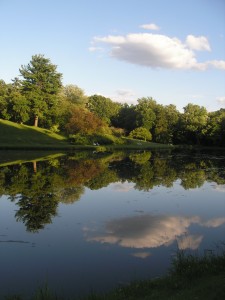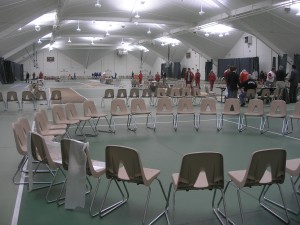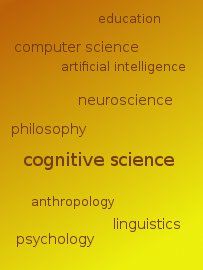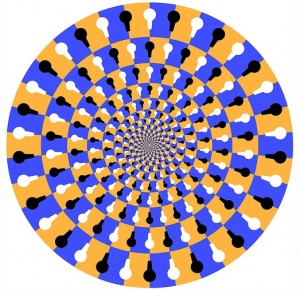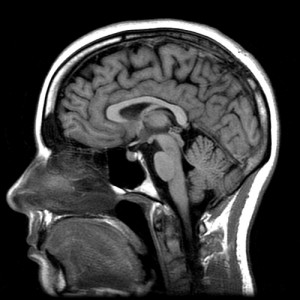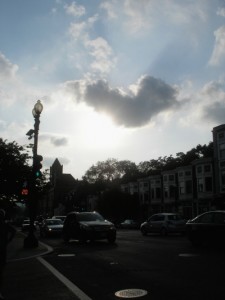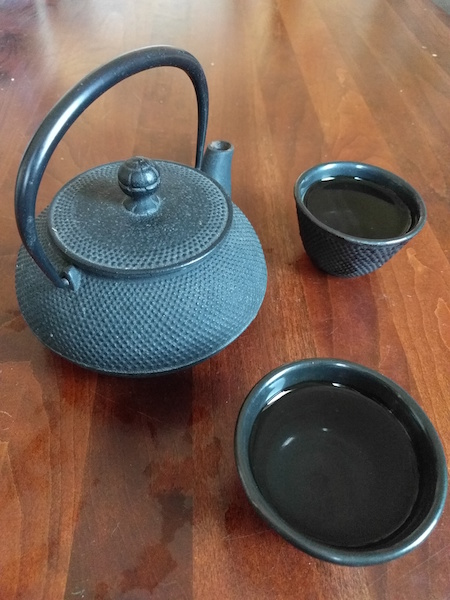
Sometimes, other stuff takes precedence.
A quiet sip of tea. Warmth and sweetness. Tang of raspberries. Familiar scrape, chink of ceramic mug lifted, returned to the tabletop.
A reminder to pause. Absorb this moment, this breath, this sip of tea.
A reminder to take time.
Your work may be your life, but your life is more than just your work. Sometimes, in the midst of paper revisions, running studies, writing code, it's easy to forget. But your life is more than your studies. It's more than your art, your hobbies, your sports, your relationships. Your life is all of these. Sometimes, you have to take time away from one facet to tend another. And that's okay.
Some of the best advice I've gotten about balancing my life came from a fencing coach, when I was a teenager. He'd say, come to practice. Train hard. Care about the sport. But he'd also say, "at the end of the day, it's just fencing." At the end of the day, it's only one piece of your life, even if it's a really important one right now. Sometimes, other stuff takes precedence.
That always holds true. Sometimes, other stuff takes precedence.
The hard part is knowing what should take precedence, now or in the long-term. The hard part is taking time when you need it. The hard part is not just taking time once, but continuing to take time. After all, time taken for one part of your life is time lost in another. Right?
Yes and no. I find I'm more myself when I take time for hobbies and relationships. I find I'm more productive in my work when work is not the only thing I do all day, every day. So I use little things to remind myself to take time. I use little things to take time.
A mug of tea becomes a reminder to stay present. I take that moment to pause, relax, re-focus.
A commute on Boston's subway, the T, becomes a reminder to take time for things I enjoy, like reading. I bring a book, fiction or otherwise unrelated to my usual research-related reading, to pass the time.
A walk across campus becomes a reminder to spend more time outdoors or exercising. I remember to relish the mile walk from my apartment to the T every day -- a walk I could easily dread, especially in January. But it's a reminder to see the world. In walking through the city every day, I see its small changes. I notice the first buds in spring. I see the snow fall, stick, and melt away. Sometimes, I use the walk as time to call family or keep in touch with friends. A reminder that relationships matter.
Find small moments to take time. Be present in your life. We all know how easy it would be to spend all day and all night in our labs and offices.
But sometimes, other stuff take precedence. Other stuff matters too.
I use little things to remind me of that.
What are your reminders?





